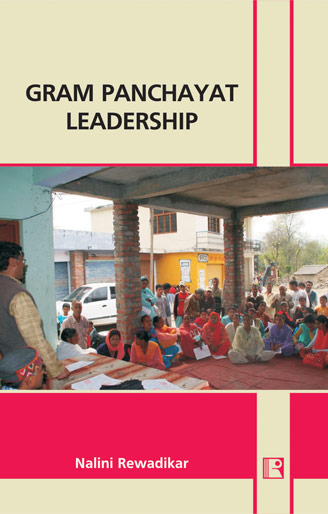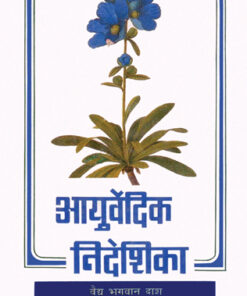GRAM PANCHAYAT LEADERSHIP: The Grassroots Realities of Select Districts of Madhya Pradesh
₹995.00 Original price was: ₹995.00.₹771.00Current price is: ₹771.00.
25 in stock
Village has been the pivot of administration since ancient times. The changing socio-economic and political circumstances sidetracked the villages resulting in their stagnation. The 73rd Constitution Amendment Act, 1993 tries to revitalize the villages by bringing them in the mainstream of political power structure. Power to the people and development by the people is the keynote of the Act.
Gram Panchayat being the basic unit in the Panchayati Raj system, the study tries to understand the role played by the emerging Gram Panchayat leadership in the attaining the declared goals of economic development, social justice and peace.
Three districts, Jhabua (ST), Ujjain (SC) and Indore (General) of Malwa region of Madhya Pradesh constitute the universe of the study as these signify the reservation components of the Act. Women Panchayat Raj representatives of all categories are specifically taken into consideration in view of their 33 per cent reservation. Grassroots realities, however, fall much short of the high expectations of the Act. The traditional stratified rural societies face multiple challenges, each needing specific attention of the entire civil and political society for bringing the so far marginalized ones in the power structure constructed by the 73rd Constitution Amendment Act.
Related products
Reference
Reference
Reference
Reference
Reference
Reference
Reference







